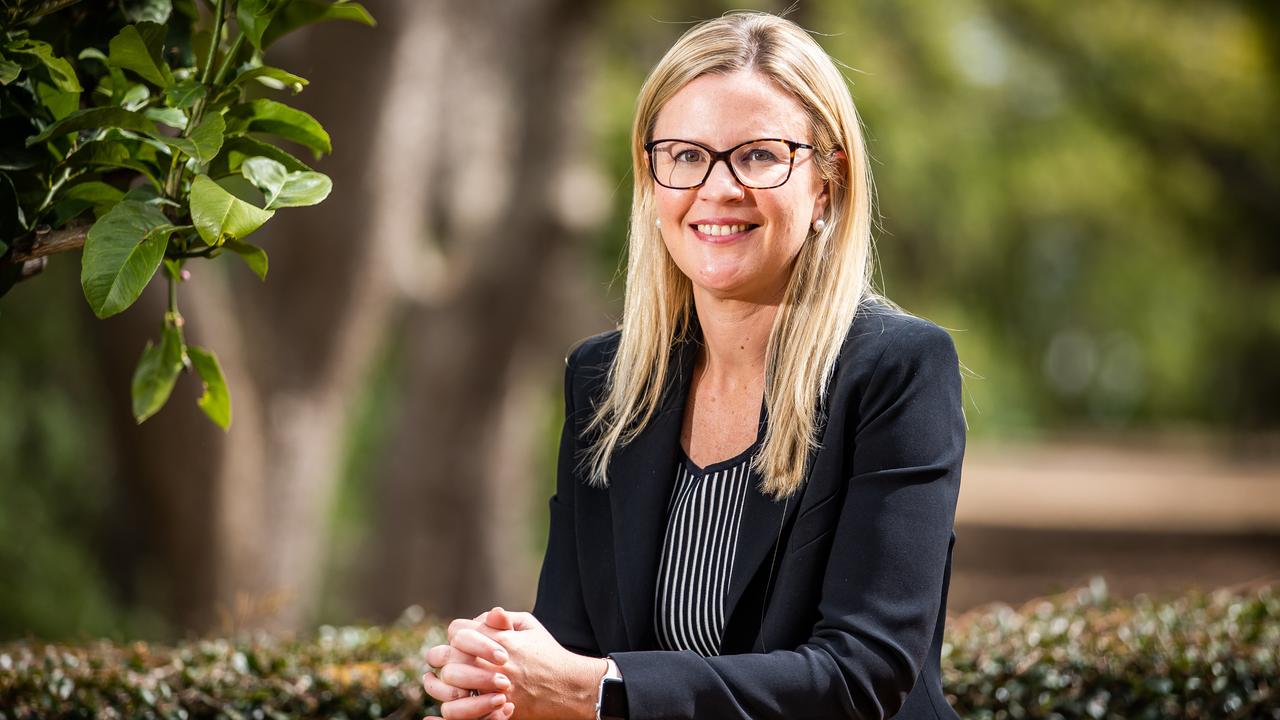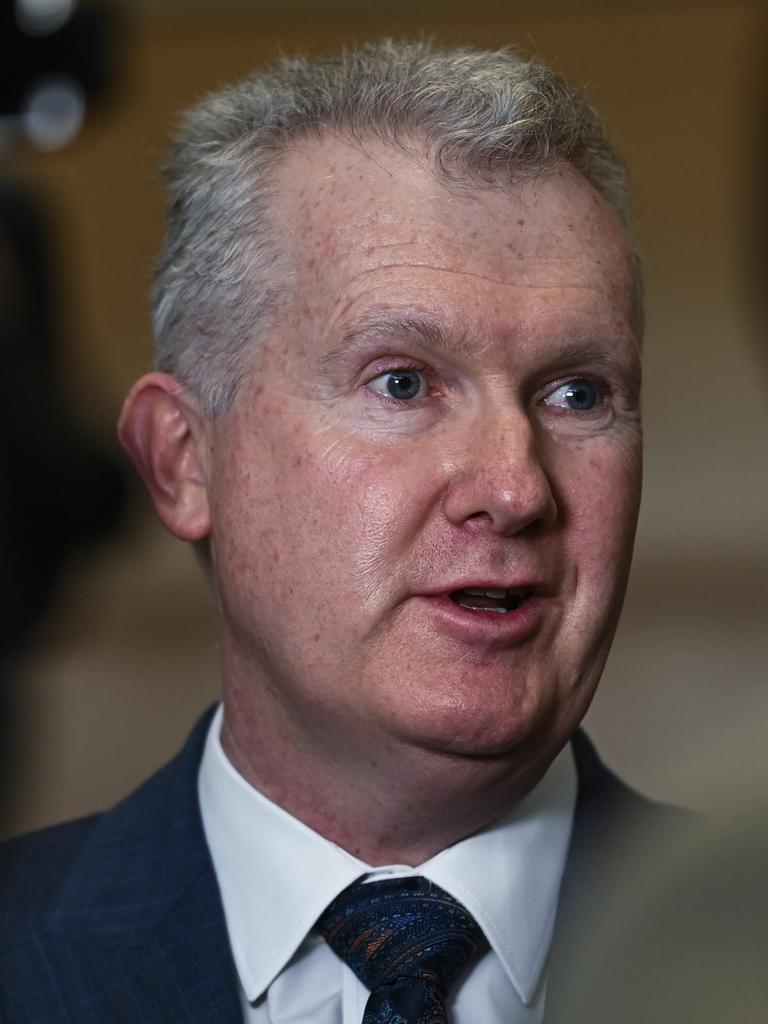‘Chilling effect’: What impact gas price caps would have on QLD
A gas price cap or reservation would have a “chilling effect” on the Queensland economy, the industry has warned amid speculation the Albanese Government will soon take action.
A gas price cap or reservation would have a “chilling effect” on the Queensland economy and investment in the state, the industry has warned as speculation mounts the Albanese Government will soon take action to tackle skyrocketing domestic prices.
A senior Labor Minister indicated on Sunday that regulation around gas and energy prices is “going to be one of the pathways forward”.
Russia’s invasion of Ukraine has driven up international gas prices, which has had a flow-on effect to domestic prices, electricity bills and manufacturers’ production costs.
NSW and Victorian state governments are calling for a domestic gas reserve, holding a percentage of the resource for domestic use, while unions are pushing for a price cap.

But Australian Petroleum Production and Exploration Association (APPEA) CEO Samantha McCulloch warned this risks slashing royalties used to pay for essential services, while risking investment and jobs.
“Proposed market interventions such as a price cap would have a chilling effect and risk investment in Queensland where the industry and government have collaborated for more than a decade to build an economic powerhouse that supports over 30,000 jobs and is delivering $1.2 billion in royalties annually,” Ms McCulloch said.
“Are state governments like Queensland, where almost $6 billion of gas royalties are forecast in coming years, happy to forego royalty income that helps to build hospitals, roads and schools?”
Workplace Relations Minister Tony Burke on Sunday said the Treasurer had flagged regulation would be a key path forward.
“The problem is clear, and regulation is going to be one of the pathways forward,” he told Sky News.

Mr Chalmers last week said gas prices were putting too much pressure on industry, particularly manufacturing, and the situation could not endure.
“There is a code of conduct which is voluntary, we’ve said we should look at ways to make it mandatory if we can,” he said.
“We need to involve considerations of the price, not just considerations of supply.”
Meanwhile, Groom MP Garth Hamilton will on Monday urge the federal government to offer more support to farmers impacted by its pledge to cut methane reductions by 30 per cent, saying it will increase the cost of steak, white coffee and disproportionately hit smaller graziers.
The Albanese Government signed up to a non-binding pledge to reduce methane emissions by 30 per cent by 2030, along with 120 other countries, stating it will not require reduced herd sizes.
Mr Hamilton will say that there is “no credible demonstration” technology, such as seaweed additives to reduce methane production in cattle’s digestive system, to meet a 30 per cent reduction.
“Despite what some might tell people, no affordable, practical, and large-scale way exists to reduce methane emissions in agriculture, other than culling herd sizes,” he will say.
“This will increase the price of a steak at your favourite restaurant or butcher, or a white coffee at your favourite cafe, at a time when small businesses are already struggling with mounting cost-of-doing-business pressures.”





